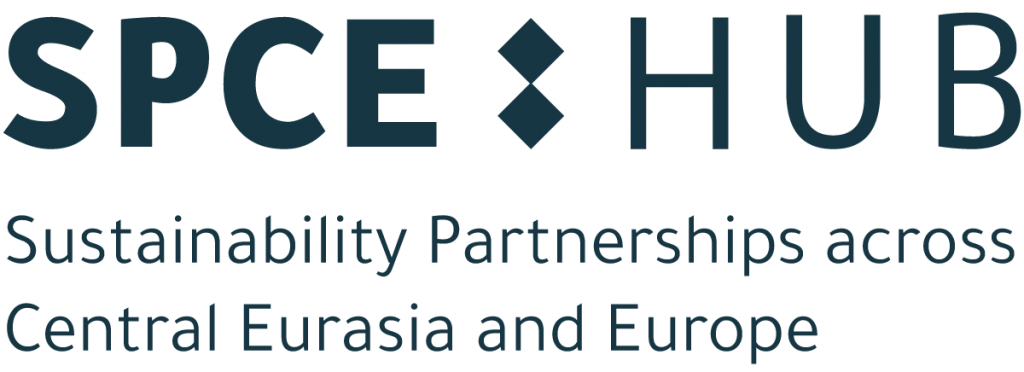SPCE Hub Pilot Living Lab on Cycling Infrastructure in Bishkek, Kyrgyzstan 2022-2023
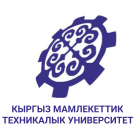
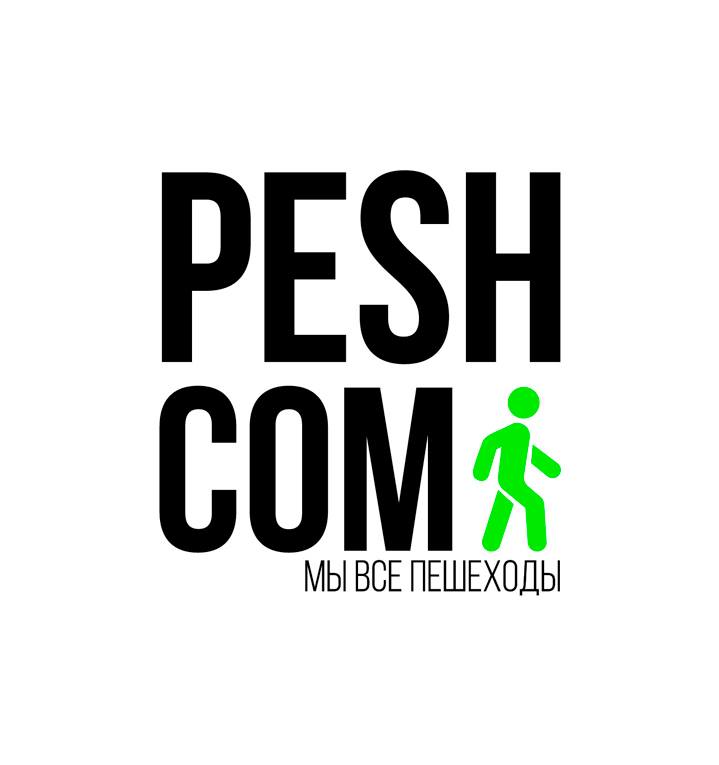



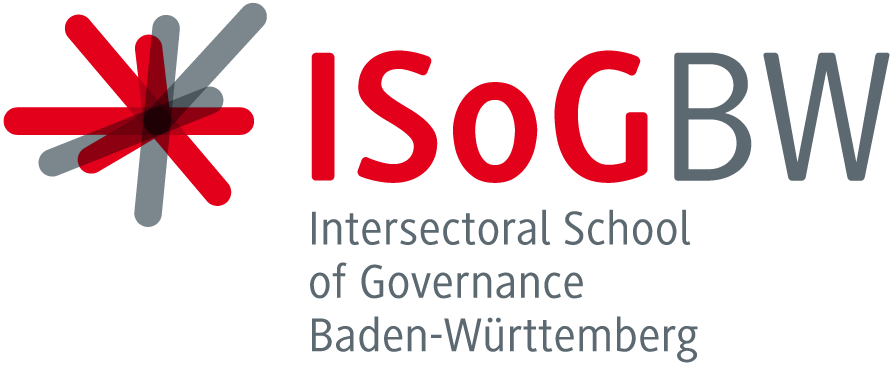

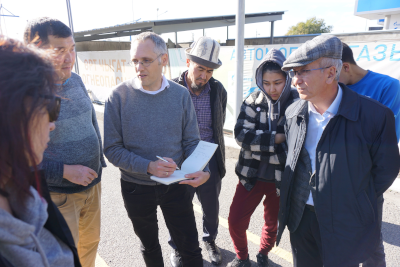
At the beginning of 2022, several representatives from Kyrgyzstani and German organisations initiated a pilot Living Lab on sustainable mobility in Bishkek. The project was coordinated by SPCE Hub and the Friedrich Ebert Foundation. Members of the Lab were Prof. Kubatbek Muktarbek uulu, traffic engineer at the Kyrgyz Technical State University in Bishkek (KSTU), Prof. Cholpon Turdalieva, mobility sociologist at the American University of Central Asia (AUCA), as well Rada Valentyna kyzy and Altynai Nogoibaeva, cycling and public engagement experts at the NGO PeshCom. From the German side, project partners were Prof. Jochen Eckart, traffic ecologist at the Karlsruhe University of Applied Sciences, and Prof. Monika Gonser, sociologist and expert for multi-stakeholder approaches at the Intersectoral School of Governance (ISoG BW) in Heilbronn.
During the first workshop in April 2022, hosted by the OSCE Academy in Bishkek, the Lab stakeholders discussed the opportunities and challenges of traffic and mobility in Bishkek. Prof. Eckart introduced the idea of living labs for sustainable, active mobility and presented his own projects on the promotion of active mobility in Karlsruhe (Germany), Nairobi (Kenia) and Kampala (Uganda).
According to Eckart, Living Labs facilitate temporary testing of new potential solutions, supported by scientific evaluation, before putting them into practice at large scale. This can help to identify challenges such as unforeseen problems during the implementation phase or the lack of acceptance by users, citizens or business. Living Labs improve the “ownership” of solutions by local stakeholders and also help to overcome obstacles for implementation of innovative solutions, speeding up transition processes. After the discussion and the presentation on living labs, all lab members were invited to suggest ideas and potential solutions to improve sustainable mobility in Bishkek. Amongst the suggestions were the improvements of bus stops and the installation of traffic lights for cyclists. At the end of the presentations, the Kyrgyzstani experts voted for an experiment with pop-up cycling lanes. The goal of this experiment was to temporarily install and test pop-up cycling lanes on a suitable road in Bishkek. Such lanes are quicker and cheaper to install and are more convenient and safer.
A safe and comfortable cycling infrastructure is key to promote cycling.
During the second workshop in October 2022, traffic planners and engineers from the city administration as well as representatives of the city hall and the traffic police joined the discussion. The workshop, chaired by Prof. Muktarbekov, aimed to introduce the Living Lab concept to the new participants, but also to discuss and plan the experiment – the construction of the pop-up cycling lanes. An important milestone of the project was the approval of the project by the mayor’s office.
During the third workshop in September 2022, the members of the Lab and experts from the city administration visited a section of road that could be considered for the implementation of the living lab. Based on the visit, the experts developed three options that could be potentially tested. These proposals were discussed with representatives of the city administration, the traffic police and other experts.
In September 2023, the city administration implemented the pop-up cycling lanes on the Toktogul street (Center Bishkek) in cooperation with the NGO Peshcom.
Goals and activities of the Pilot Living Lab
in a nutshell
Intended impact
Contributing to sustainable urban development and transport in Bishkek through promotion of cycling
Bishkek assets
The city of Bishkek already developed a concept for a network of bike routes and first bike paths are already laid down. The city administration plans to expand the cycling network and university experts already work on the topic. There is a thriving cycling community and cycling NGOs.
Intended Outcomes
- Recommendations for the city on how to expand the cycling network quicker and in a more efficient way through safe and convenient pop-up cycling lanes (on the roadway) instead of separated bike paths;
- Higher level of public awareness on the advantages of cycling for liveable cities and public health.
Activities during
the project duration
- Two workshops in Bishkek in April and August 2022;
- Street inspection and meetings with experts from the city administration in October 2022;
- Conference with the head of the international office of Bishkek City Hall and the German Ambassador in October 2022;
- One-month research stay in Karlsruhe, financed by the German Academic Exchange Service (DAAD).
Implementation after
the project duration
The pop-up cycling lanes were implemented on Toktogul street in the centre of Bishkek by the city hall in cooperation with the NGO PeshComBishkek in September 2023.
Publication and Dissemination
An academic publication about the pilot project is in preparation. Jochen Eckart and Sebastian Schiek presented the project at the CASNiG Conference in November in 2023 Leipzig. Sebastian Schiek presented the project at the PartWiss23-Conference in November 2023 at the University of Chemnitz.
Teaching modules
As a supporting program of the Living Lab Bishkek, Prof. Jochen Eckart gave a total of three lectures on transport ecology, active mobility and air quality at the Kyrgyz Technical University (KTU) and the American University of Central Asia (AUCA).
Links and Readings
Friedrich Ebert Foundation in Kyrgyzstan on twitter and instagram.
OSCE Academy in Bishkek: https://osce-academy.net/
Hochschule Karlsruhe – University of Applied Sciences
https://www.h-ka.de/
American University of Central Asia: https://auca.kg/
Recommended reading:
Rahat Sabyrbekov, Indra Overland, Why Choose to Cycle in a Low-Income Country?, published in Sustainability, September 2020, online access at: https://www.researchgate.net
Pictures on this website by OSCE Academy in Bishkek, Friedrich Ebert Stiftung, and SPCE Hub
Co-funded by
